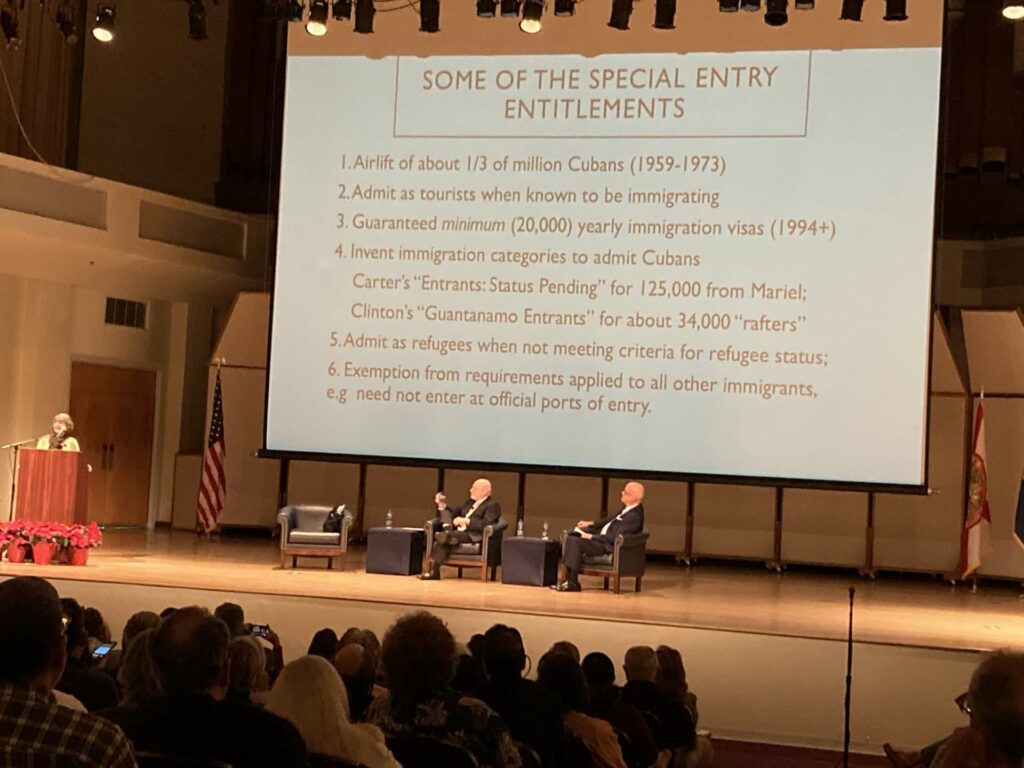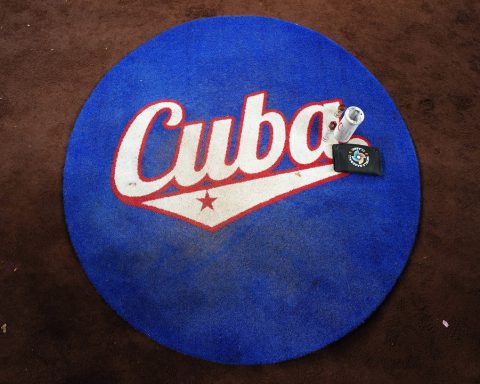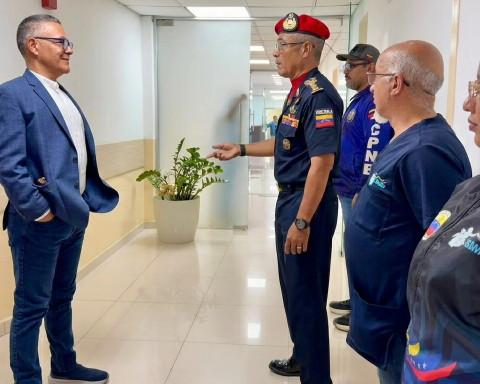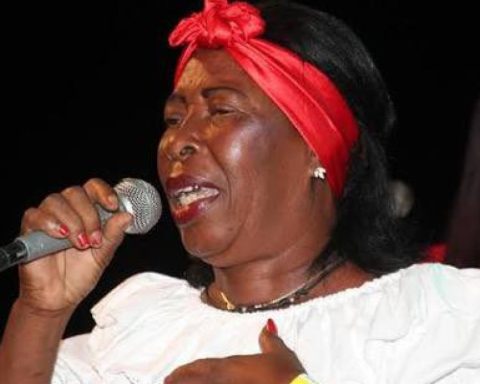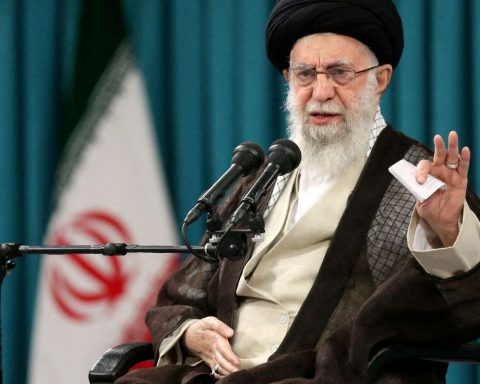L
to summary dismissal and run over by the constitutional president of Peru, Pedro Castillo, after a process of permanent erosion since the beginning of his term by the traditional political forces and the economic elite of that country, the establishment ruler for decades, has put on the table for debate the relevance or otherwise of Mexico granting him political asylum.
It is not even necessary to delve into the reasons, on one side and the other, that led to a breaking point to remove one of the presidents furthest from the classes that have secularly rotated power in Peru: a rural teacher, a social fighter who defeated the political and economic right united around Keiko Fujimori. The issue now is Mexico’s position against the ousted president.
As happened at the time with the president of Bolivia, Evo Morales, also stripped of his government by the local oligarchy, to whom our country granted the right to safeguard his life in the national territory, today voices are once again emerging in the digital media and in some printed spaces that question the opportunity to protect the personal integrity, and that of his family, of the now former Peruvian president.
Faced with this debate, encouraged by sectors of the right, it is important to specify, from the outset, that it would not be the approval of an acting government, but an act of the Mexican State, that is, of the political-legal body that embodies the country. same.
Political asylum is one of the most representative expressions of Mexico’s foreign policy, one of the traditions that give seal and identity to our country’s relationship with the world. It is a doctrine and a right, clearly established in the maximum Mexican law, in its article 11:
Everyone has the right to seek and receive asylum. The recognition of refugee status and the granting of political asylum will be carried out in accordance with international treaties. The law will regulate its origins and exceptions.
This humanitarian and generous policy of the Mexican State has not been limited to the figure of political asylum, it has been evidenced in multiple gestures of sovereignty and national dignity.
Listed below are just some of the most representative cases of that diplomatic tradition, a hallmark of pride for Mexico.
President Lázaro Cárdenas granted political asylum in the 1930s to thousands of Spaniards persecuted by the dictator Francisco Franco. Then as now, there were protests from the conservative right over this decision by the Mexican State.
In 1962, President Adolfo López Mateos remained in solidarity with Cuban sovereignty. Mexico was the only country to vote against the expulsion of Cuba from the OAS, against the continental dictates of the United States.
In the 1970s, President Luis Echeverría granted political asylum to the wife of former Chilean President Salvador Allende, Hortensia Bussi, as well as to members of that socialist government, after Augusto Pinochet’s devious coup d’état.
An illustrative and emblematic fact is that, in that same six-year term, former President Héctor Cámpora, of Argentina, spent more than three years in asylum at the Mexican embassy in Buenos Aires, after they tried to apprehend him. Asylum is an essential principle of Mexico’s diplomatic history.
In the subsequent six-year term, President José López Portillo gave his frank support to President Omar Torrijos to restore territorial sovereignty over the Panama Canal, until his signing in 1977 with President Jimmy Carter, for which the iconic Canal was recovered in 1999. .
In 1983, the government of President Miguel de la Madrid promoted the creation of the Contadora Group, with Colombia, Panama and Venezuela, a diplomatic effort that gradually led to a negotiated and civilized solution to the internal conflicts in Guatemala, Nicaragua and El Salvador.
During the government of President Carlos Salinas, in 1989 the Mexican State created the Mexican Commission for Aid to Refugees (Comar) to grant refuge to thousands of Central Americans who were fleeing while peace was restored in that region.
In the government of President Enrique Peña Nieto, Mexico accompanied the pacification process in Colombia until the signing of peace, on September 26, 2016, between President Juan Manuel Santos and Rodrigo Londoño timochenko, leader of the FARC. From that pacification process, the now president Gustavo Petro was able to emerge, already in civilian life.
With regard to asylum, against the light, we must also keep in mind that President Benito Juárez received the hospitality of the United States when he was leading the fight to restore the Republic, against Maximiliano and the conservatives; already in the 20th century Porfirio Díaz was welcomed by France.
In short, political asylum has been a State policy and a guiding axis of Mexican foreign policy, a right and a diplomatic tradition in favor of life that we must all defend, beyond partisan ideologies.
* President of the Colosio Foundation












